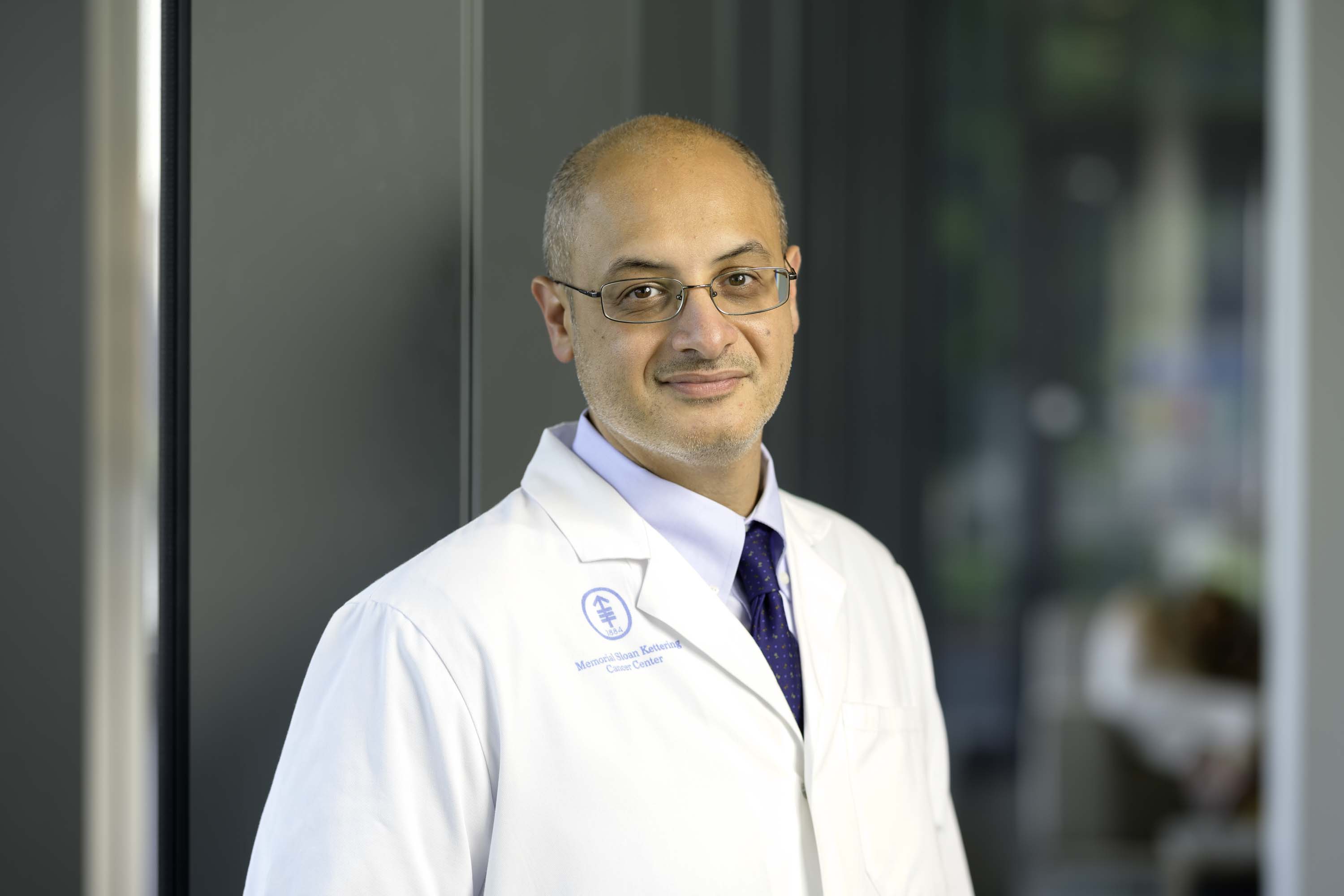
Bio

Dr. Julianne Imperato-McGinley is the Associate Dean for Translational Research and Educational Training, the Director and Principal Investigator of the Clinical and Translational Science Center (CTSC), the Abby Rockefeller Mauzé Distinguished Professor of Medicine in Endocrinology, at Weill Cornell Medical College (WCMC).
A clinical and translational researcher with over 30 years of NIH funding Dr. Imperato-McGinley first published her landmark paper in Science.
She defined a previously unrecognized clinical disorder - inherited 5a-reductase deficiency. Eventually the clinical implications of her research were translated into treatment of human disease and led to the development of the first medical therapy (finasteride) for prostate enlargement, and subsequently, for the treatment of male pattern baldness. Her classic studies, involving androgen physiology and its effect on the body and brain were the first to significantly challenge the widely held view that gender is socially acquired. Much of her work is included in standard textbooks of endocrinology, psychology, urology and medicine.
Among her honors and awards, she is an elected member of the American Association of Physicians for her contributions to clinical research and an EH Ahrens Awardee for Excellence in Clinical Research. She has a long history of training and mentoring students from high school to MDs in fellowship training, particularly second-year endocrine fellows in their patient-oriented research projects. A recipient of two Empire State Investigator Grants for mentoring, and a former PI on a T32 endocrine training grant, she worked with the Dean of Weill Cornell to establish a prize for excellence in clinical research and served on the Medical Student Research Awards Committee for over 10 years and as chair for 4 years.
She was the Program Director of the GCRC since 1994, and prior to that, as Associate Program Director. Since its inception in September 2007, Dr. Imperato-McGinley has led the Clinical and Translational Science Center (CTSC), an NIH funded grant to WCMC, the largest federal grant ever awarded to Weill Cornell Medical College which was renewed in 2012, 2017 and in 2022.
The CTSC is a partnership which includes: Memorial Sloan-Kettering Cancer Center, Hospital for Special Surgery, Cornell University, Ithaca with Cornell University Cooperative Extension, New York City, (CUCE-NYC), Cornell Tech, Hunter College of the City University of New York (CUNY), with its School of Nursing and Center.
The CTSC's collaboration with Hunter College-a public institution known for fostering unique translational research continues to grow. This partnership takes a multifaceted approach, including training and collaboration with the next generation of scientists, some of whom are housed in the Belfer Research Building.
